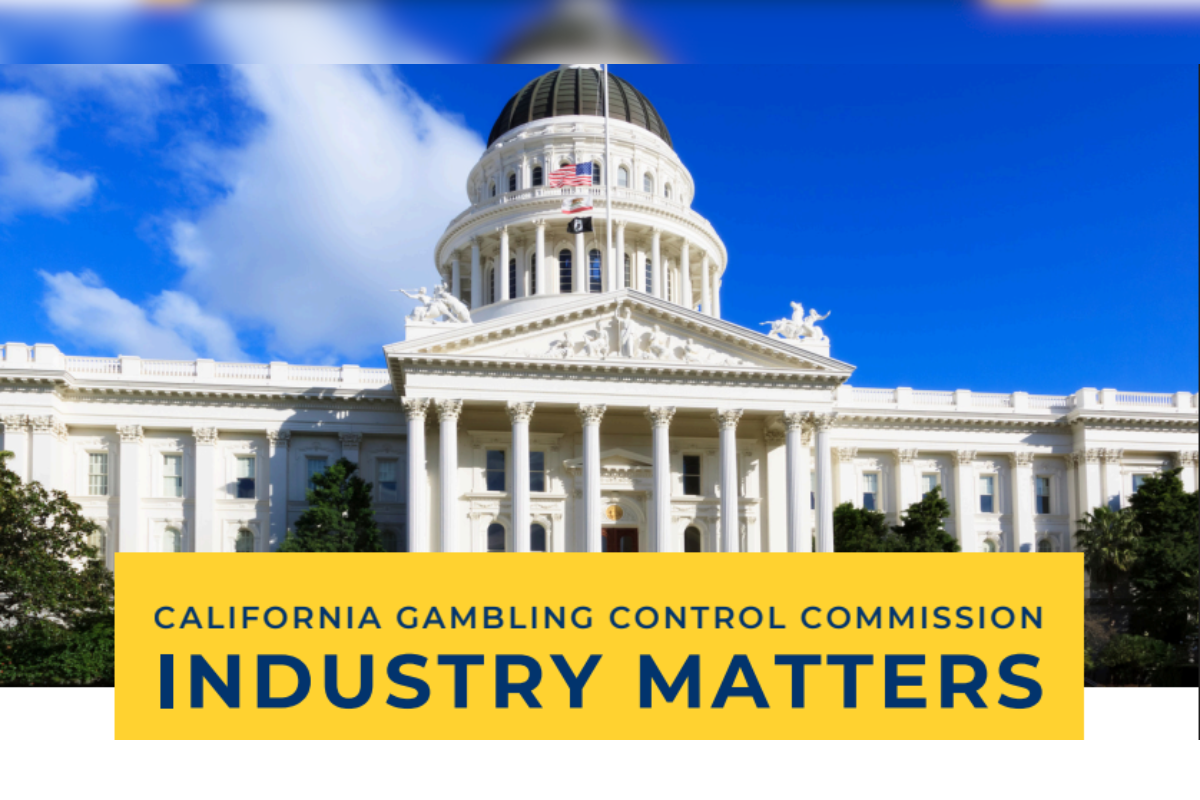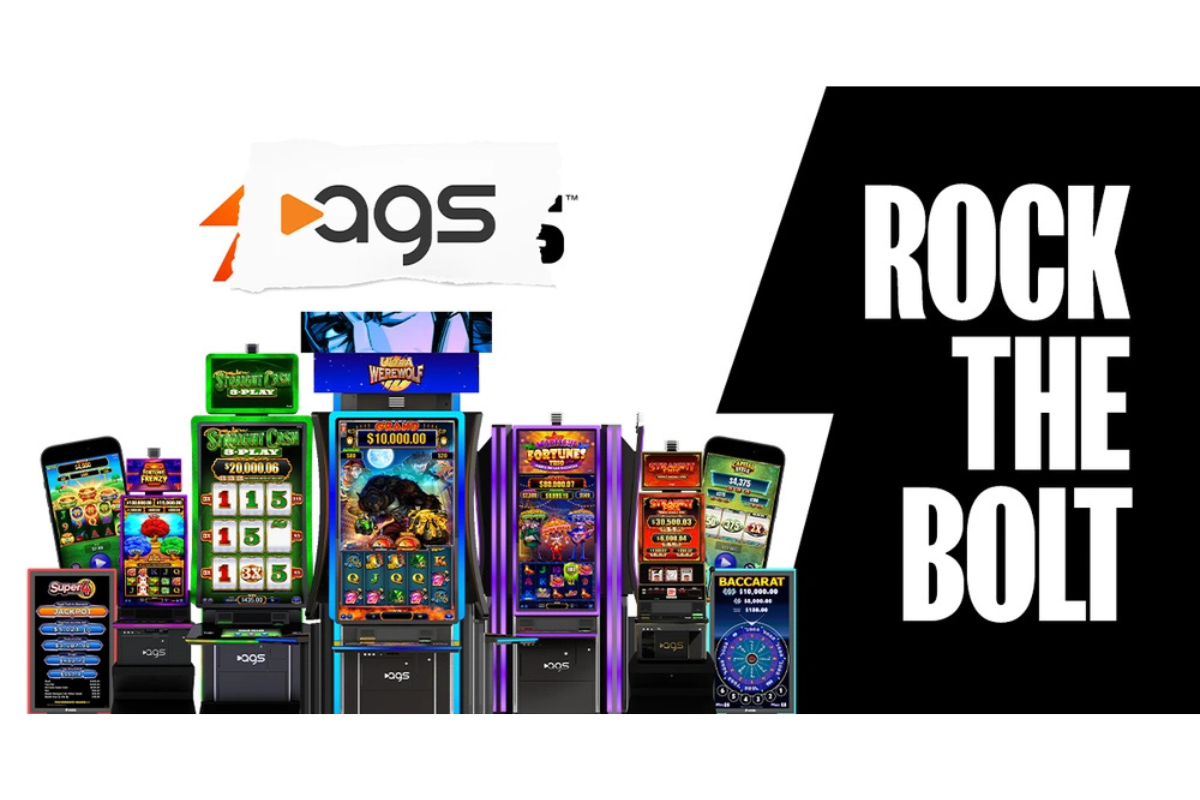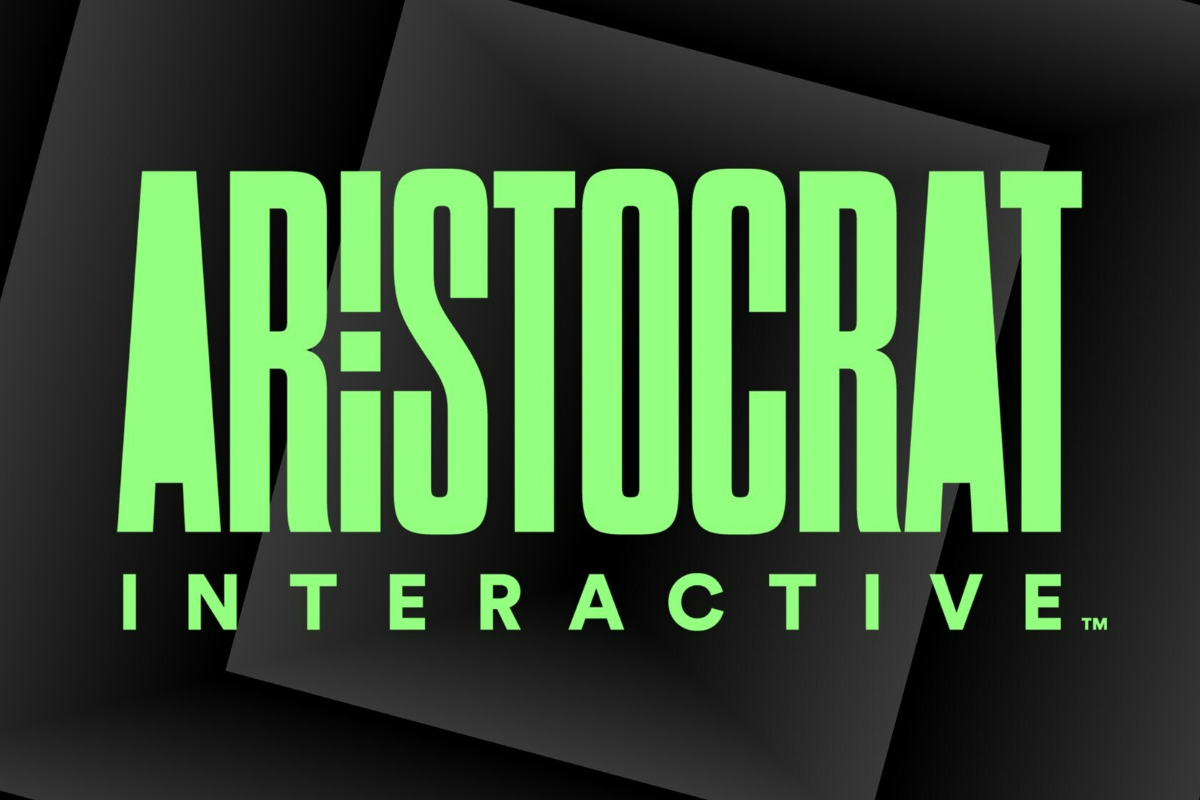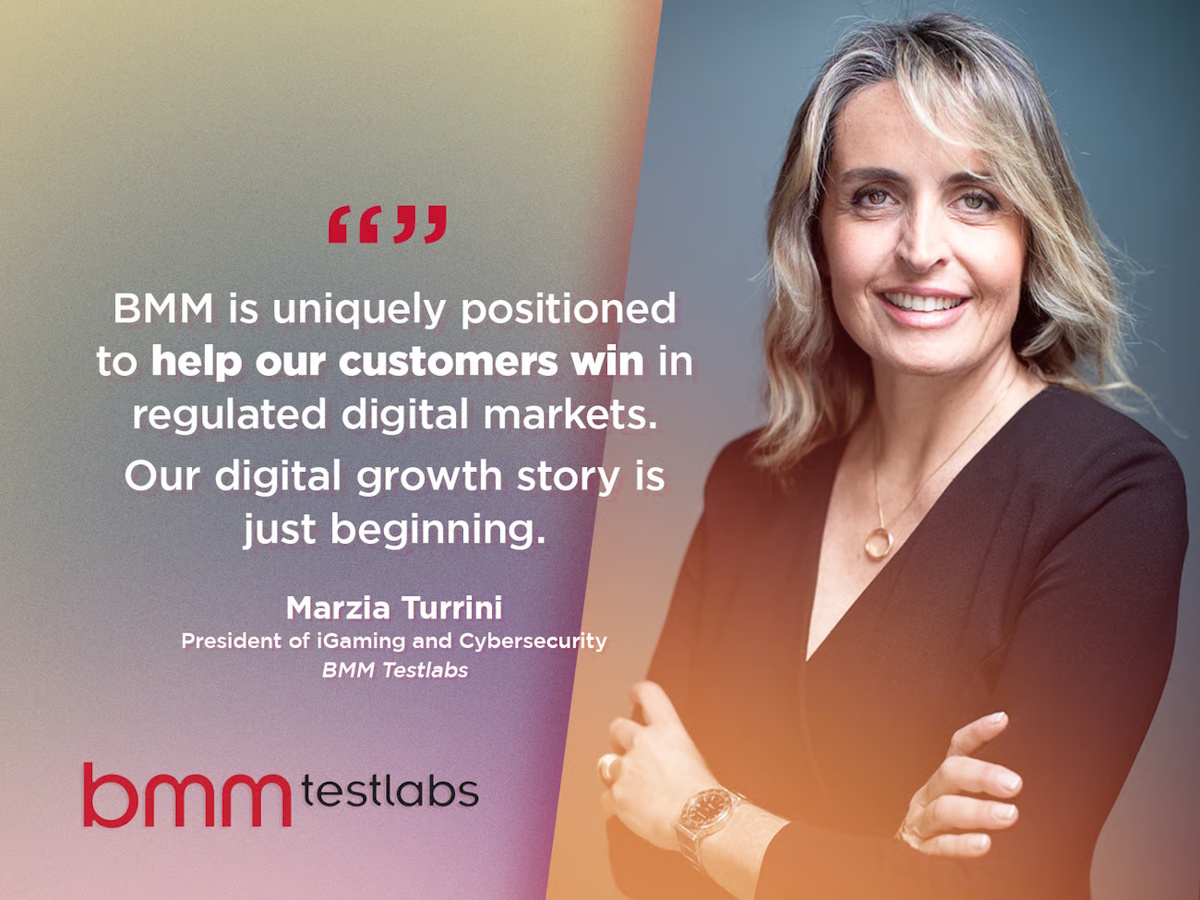
California Gambling Control Commission: October 2025 Updates from Industry Matters
The California Gambling Control Commission (CGCC) has released its October 2025 issue of Industry Matters, highlighting key regulatory developments, precedential rulings, hearing outcomes, and updates from its Gaming Policy Advisory Committee (GPAC). The Commission also continues its outreach to stakeholders with timely reminders and new survey opportunities.
Unlicensed Online Casinos: A Persistent Threat
The Commission warns Californians about unlicensed online casinos that continue to falsely claim legitimacy by displaying doctored CGCC license certificates.
The Commission emphasized:
-
It does not issue licenses to online casinos and has no authority to regulate them.
-
Online gambling remains illegal under California law.
-
Players risk losing deposits, having winnings withheld, and being left without legal recourse when disputes arise.
In addition to scams and theft, these illegal platforms often lack responsible gambling measures, Know-Your-Customer safeguards, or anti-money laundering procedures. Some attempt to bolster credibility through slick advertising, social media campaigns, and even celebrity endorsements.
Consumers are urged to stay vigilant: search results or marketing materials may be manipulated to present false legitimacy. Anyone who believes they have been victimized should file a report with the FBI’s Internet Crime Complaint Center at ic3.gov and direct other inquiries to [email protected].
Regulatory Updates: Advertising, Annual Fees, and Licensing
The CGCC is actively advancing several regulatory packages:
-
Advertising Regulations: The public comment period closed in mid-September, and a hearing is anticipated before year-end.
-
Annual Fee – Phase II: Following an August hearing and revisions, the package is being finalized for submission.
-
Multi-Owner Type Licenses: Open for public comment until October 27, with a hearing scheduled before the end of 2025.
-
Transactions: An informal comment period closed October 1, with formal proceedings expected in early 2026.
Stakeholders can track these updates on the Regulations section of the Commission’s website and subscribe to the rulemaking email list for notifications.
Hearing Results: July–September 2025
Several notable decisions were issued this quarter:
-
Cardroom Business License: Beachside Casino – Denied (July 21)
-
Third-Party Business License: Faros Unlimited, Inc. – Denied (July 21)
-
Third-Party Worker Licenses: Michelle Sanchez – Denied (Aug 25); Felipe De Jesus Lopez – Revoked (Sept 8)
-
Tribal Key Employee Finding of Suitability: Michael LeRoy – Approved (July 10)
-
Work Permit: Joey Muniz – Denied (Aug 11)
A full record of hearings and decisions is available on the CGCC website.
Precedential Decision: Funding Sources Must Be Licensed
On August 21, 2025, the Commission issued a precedential decision clarifying that funding sources for Third-Party Proposition Player Services (TPPPS) are considered owners and must be licensed—even if funds are provided as gifts without repayment expectations.
This decision arose from the denial of Faros Unlimited, Inc.’s license application, where funding originated from an unlicensed relative. The ruling confirms that any person or entity providing value to a TPPPS licensee qualifies as a funding source under California regulations.
The decision now has regulatory force, offering critical guidance for the TPPPS sector.
Stakeholder Reminders: Timely Submissions
The Commission stresses the importance of submitting documents and comments well before scheduled hearings. Submissions received less than 72 hours in advance may not be reviewed in time, potentially delaying decisions.
Stakeholders are encouraged to allow adequate review time to ensure fair and informed deliberations.
Stakeholder Survey: Problem Gambling Resources
As part of its 2024–2027 Strategic Plan, the Commission continues its 30-Second Stakeholder Survey series. This quarter’s survey seeks feedback on the Problem Gambling resources available on the Commission’s website.
Participants can take the survey online, and sign up for future Commission notices and surveys via cgcc.ca.gov.
Hail and Farewell: Staff Transitions
The Commission celebrated several internal promotions and farewells:
-
Shana Marquez joins the Legislative & Regulatory Affairs Division after 11 years with Licensing.
-
Zachary Smith advances within the Licensing Division after two years of service.
-
Fred Aliyev departs the Licensing Division for a promotion at the Department of Justice’s Bureau of Gambling Control.
Gaming Policy Advisory Committee (GPAC): Public Engagement Encouraged
The GPAC continues to provide advisory recommendations on gambling regulatory policy, integrity, and responsible gaming practices. While it does not advise on tribal gaming, it plays a central role in shaping state policy discussions.
-
GPAC includes representatives from law enforcement, problem gambling agencies, cardrooms of all sizes, TPPPS operators, and business/finance experts.
-
Members serve up to two consecutive three-year terms.
-
Meetings are open to the public, livestreamed via Zoom, and feature opportunities for comment.
For applications, meeting agendas, and past records, visit cgcc.ca.gov or email [email protected].
Final Note
The CGCC reiterates its mission to protect Californians, ensure the integrity of gaming operations, and support responsible play. Industry participants and the public alike are encouraged to remain engaged, informed, and proactive in supporting safe, regulated gaming practices in California.










